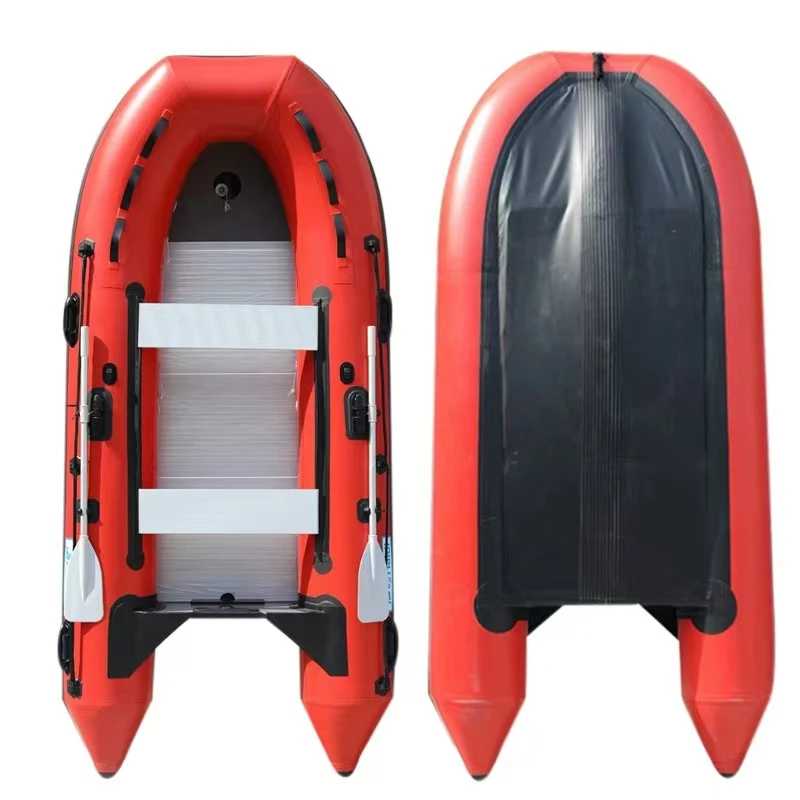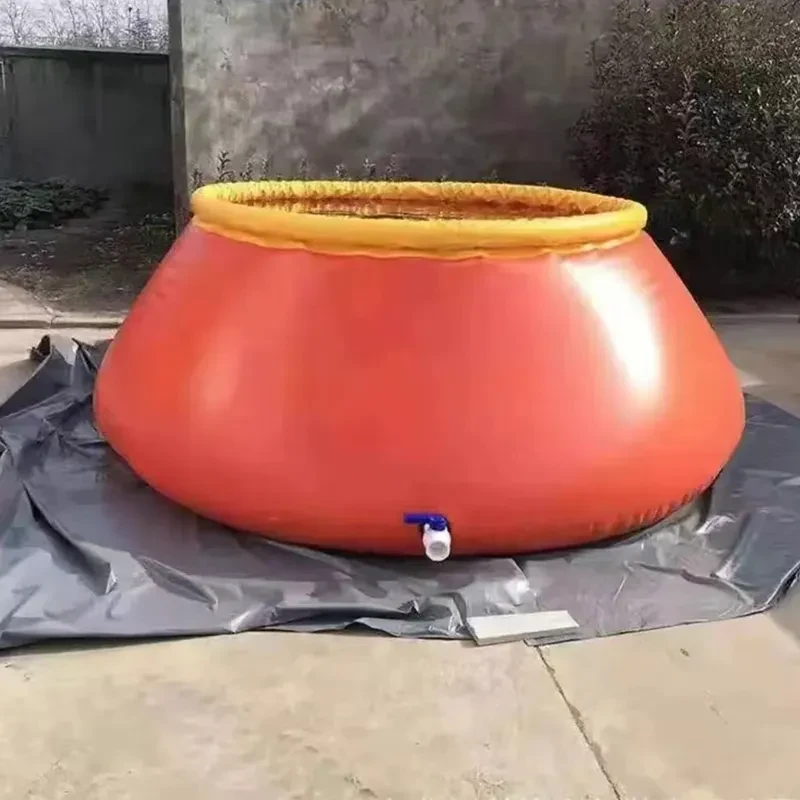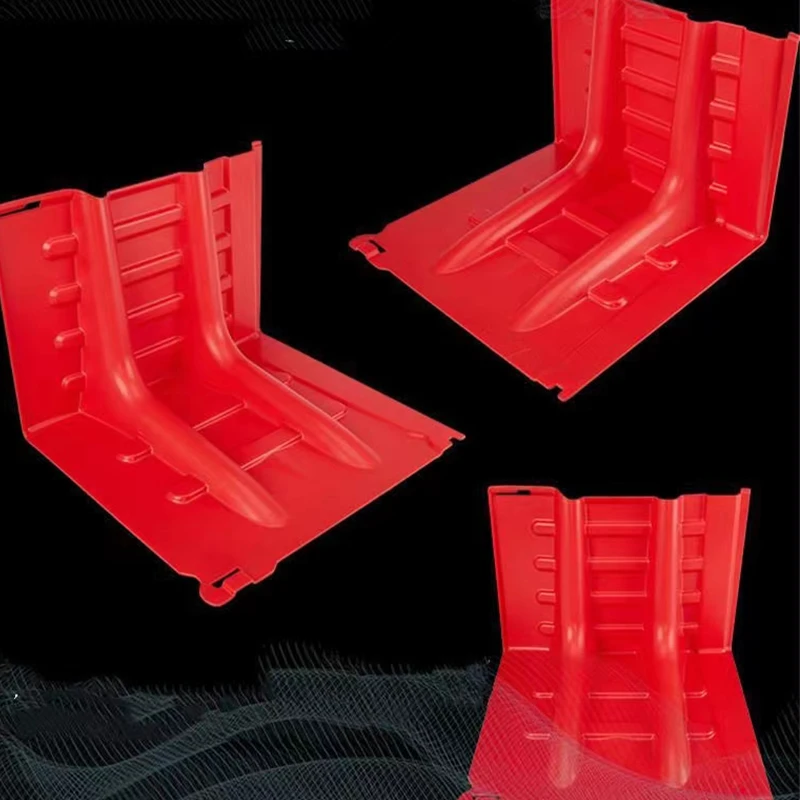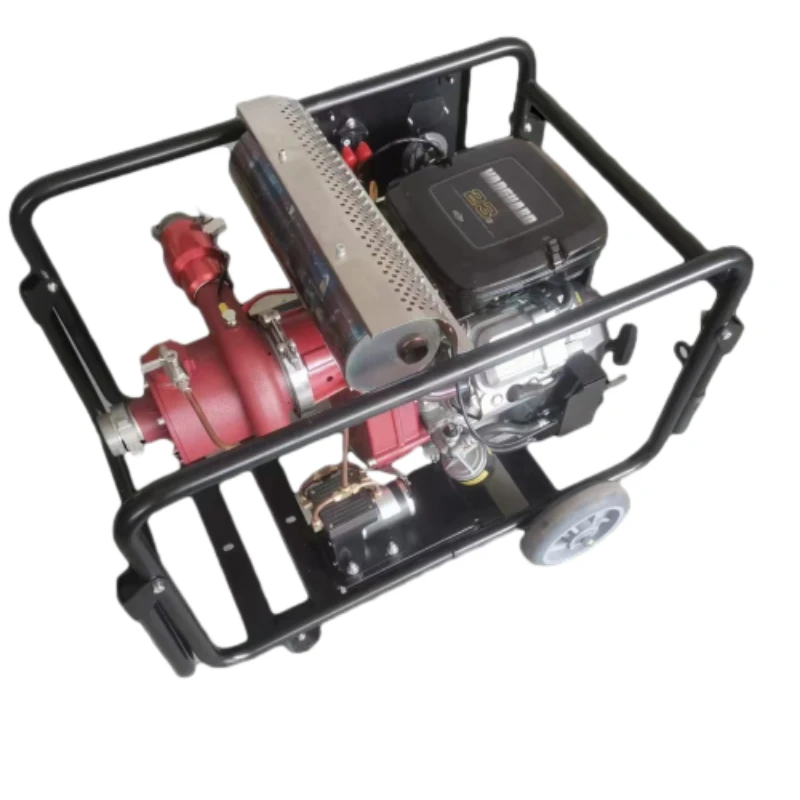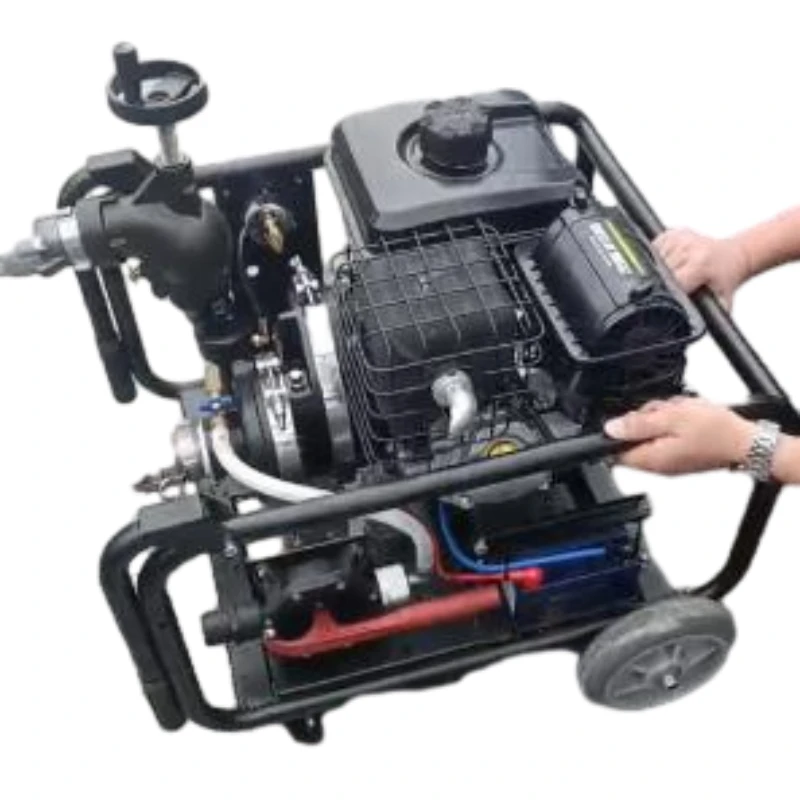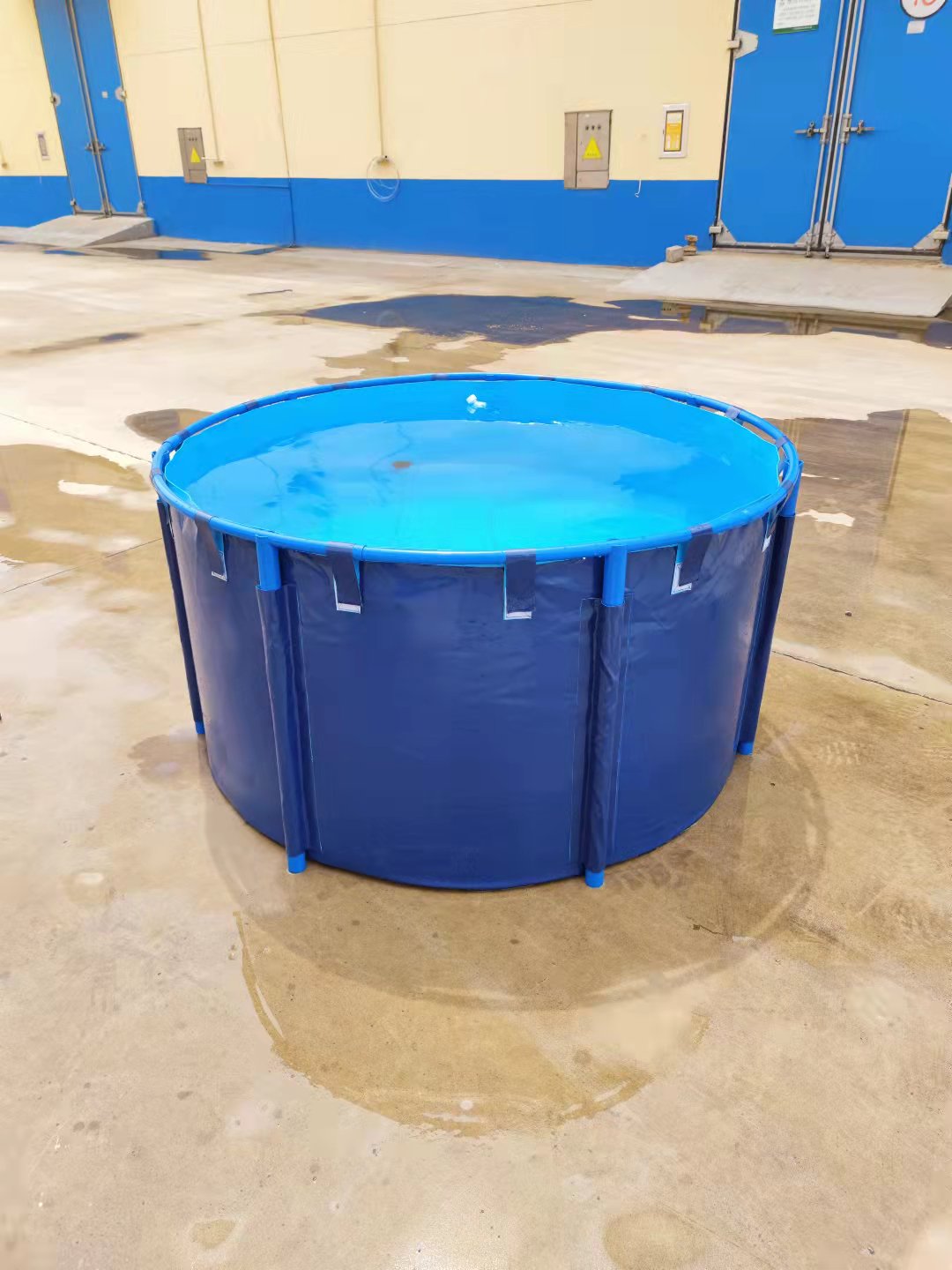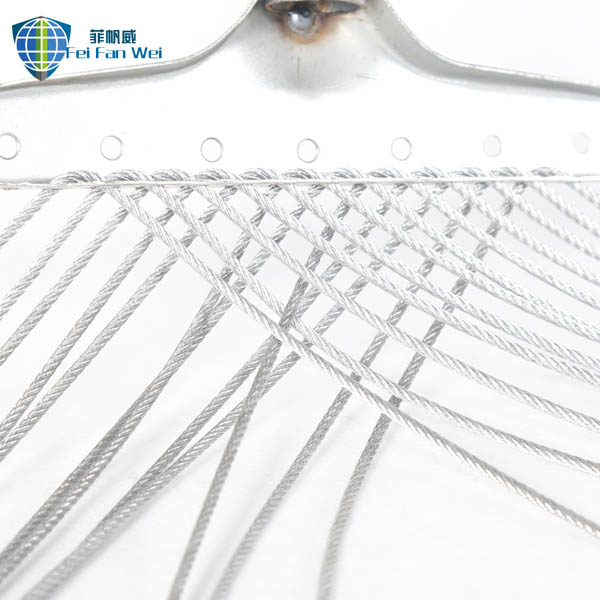Field Notes on a Tough Little Prescribed-Fire Workhorse: [Drip Torch(1L]
If you spend time on burn crews, you know a good torch is worth its weight in blackline. This series (1L, 2L, 3L, 5L) arrives powder-coated red, built from lightweight aluminum alloy, and—speaking candidly—feels like kit you don’t have to baby. Origin is No.118 Youyi Street, Xinhua Dist., Shijiazhuang City, Hebei Province, China, which many customers say is becoming a serious manufacturing hub for wildland gear.
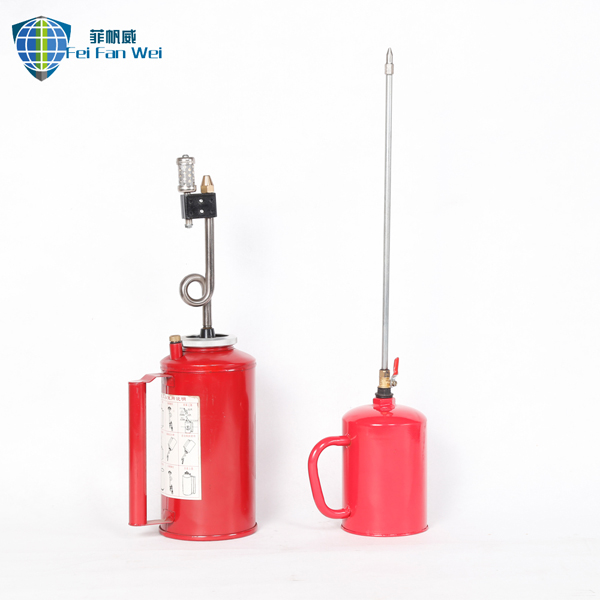
What’s driving demand right now
Prescribed burning is up—fast. Utilities, rail corridors, and forestry districts are building fuel breaks earlier, and they want lighter, safer hardware. Trends I’m hearing: better heat isolation around safety loops, cleaner welds, and vent valves that won’t clog. Also, more requests for certification paperwork on arrival—no surprise with tighter procurement rules.
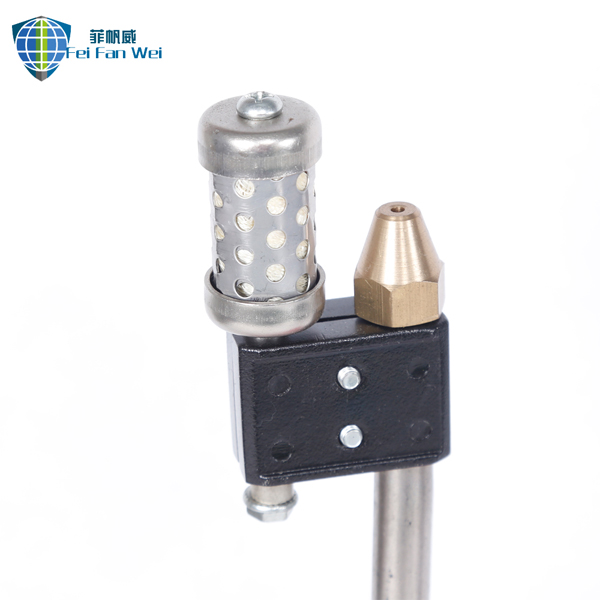
Technical snapshot
| Spec | Details (≈ values; real-world use may vary) |
|---|---|
| Capacities | 1L, 2L, 3L, 5L |
| Material | Lightweight aluminum alloy tank; powder-coated red |
| Safety loop/liquid seal | Loop routed away from flame path to prevent vaporizing |
| Vent valve | Screw-type, introduces air to tank bottom to relieve vacuum |
| Wick | Inserted fiberglass wick |
| Handle | “Hand lifting” handle for balance in any position |
| Typical mix | Commonly 50:50 diesel:gasoline (check local SOPs) |
| Weight (empty) | ≈0.9–1.4 kg depending on capacity |
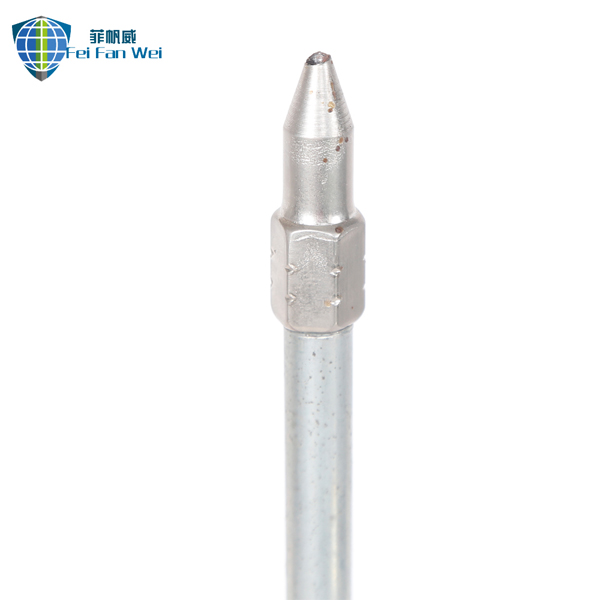
Manufacturing process and testing
Materials: alloy tank, brass/steel valve components, fiberglass wick. Methods: precision forming, TIG welds, powder coat cure. QC flow: leak test (air-pressure submersion), vent-valve cycle test, wick ignition test, coating adhesion per ASTM D3359, salt-spray per ASTM B117 (spot checks), drop test ≈1 m on edges. Service life: ≈5–8 years in typical brigade use with routine seal replacement. Certifications provided on request: ISO 9001 factory QA, material RoHS statements; conformity to handling guidance in OSHA 1910.106 and NFPA 30 for flammable liquids handling (user procedures).
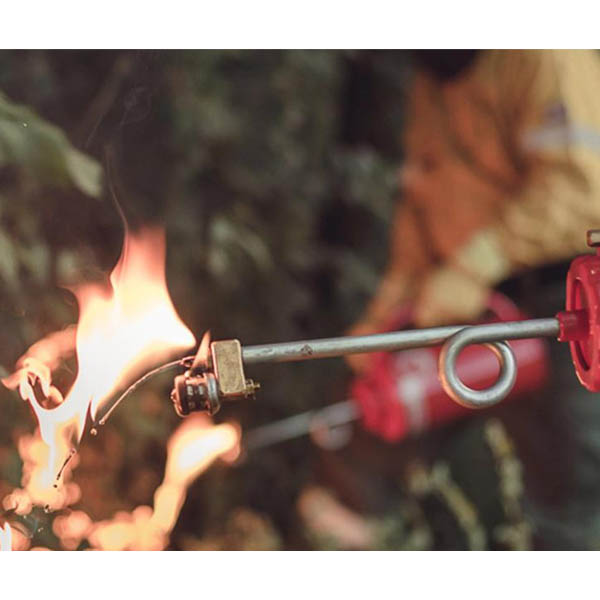
Where it’s used (and why)
- Forestry prescribed burns and blacklining
- Pile burning and site prep in logging and reforestation
- Utilities and rail rights-of-way vegetation control
- Ranching and orchard underburns, with local permits
Field notes: the vent works cleanly; the flame stays consistent, and, surprisingly, the handle balance reduces wrist fatigue over a long line. Crew leaders told me the 3L is a sweet spot, though the [Drip Torch(1L] is perfect for tight line work or training days.
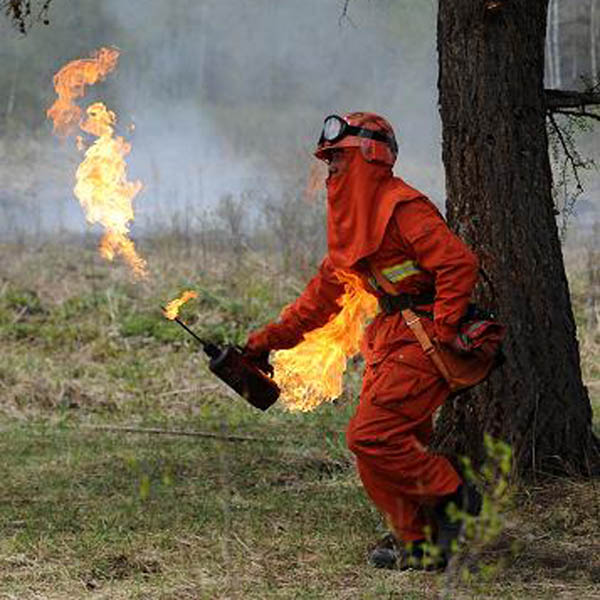
Vendor comparison (quick look)
| Vendor | Pros | Considerations |
|---|---|---|
| FFW Fire Safety (China) | Lightweight alloy; solid vent; fast customization (color, logo, wick length) | International freight lead time |
| US Brand A | Domestic stock; USFS spec familiarity | Higher unit price, fewer custom options |
| EU Brand B | CE documentation pack; clean welds | Longer lead times during fire season |
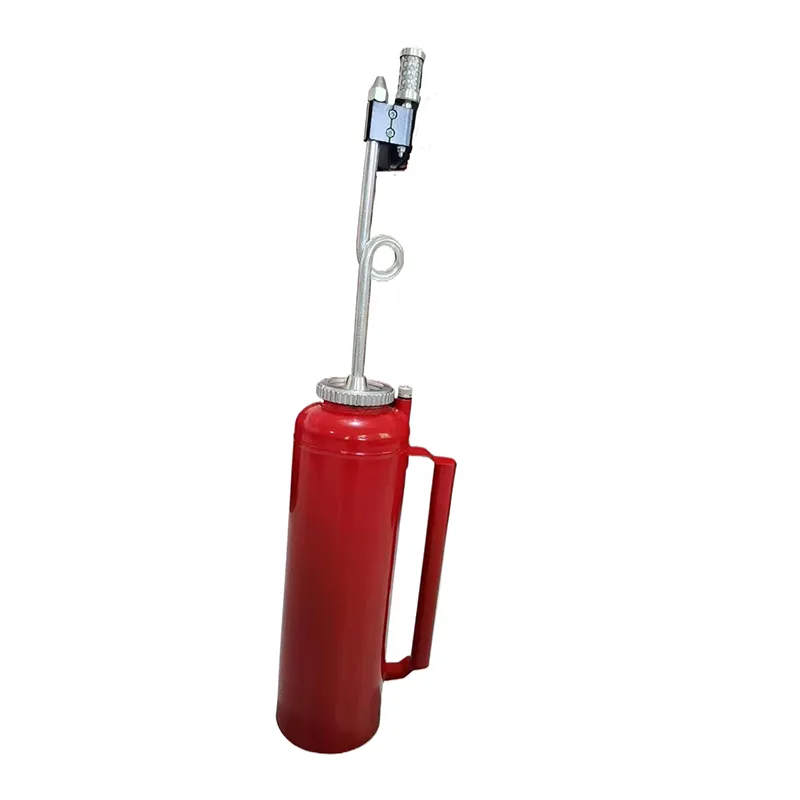
Customization
Options I’ve seen ship quickly: color (safety red standard), private-label logo, nozzle orifice size, wick density, and spare seal kits. For training academies, the [Drip Torch(1L] with low-flow nozzle keeps the flame conservative—less student anxiety.
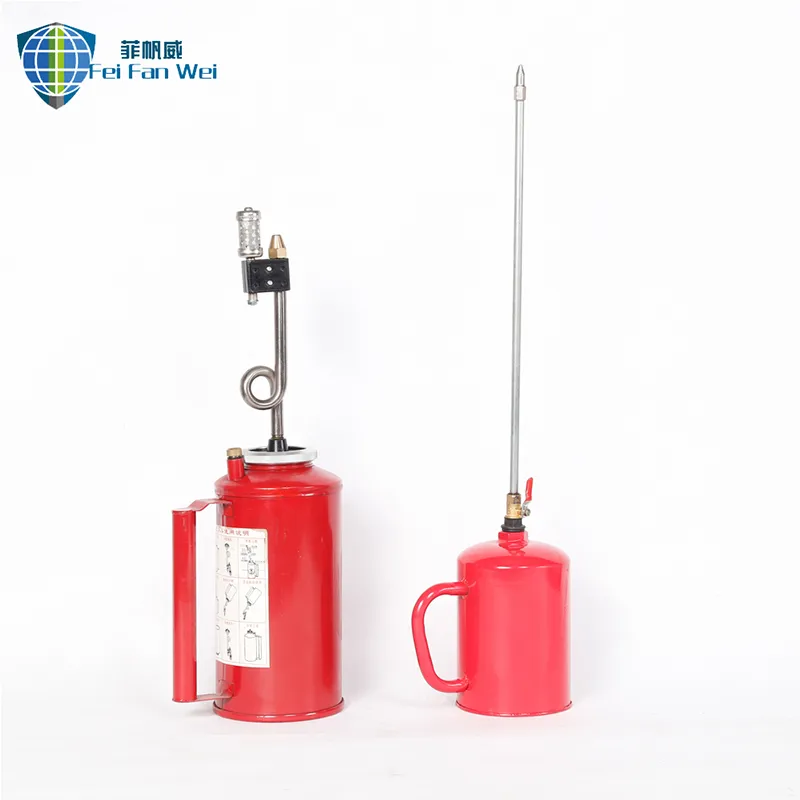
Mini case studies
- County Rx burn unit (SE US): 3L variant cut refill breaks by ≈22%; feedback: “balanced handle, no gurgle on slope.”
- Rail corridor contractor (EU): 1L units passed leak and drop checks; crews liked the fiberglass wick’s predictable ignition.
- Provincial forestry crew (APAC): mixed 2L and 5L; vent valve stayed clear after dusty season—maintenance log showed only seal swaps.
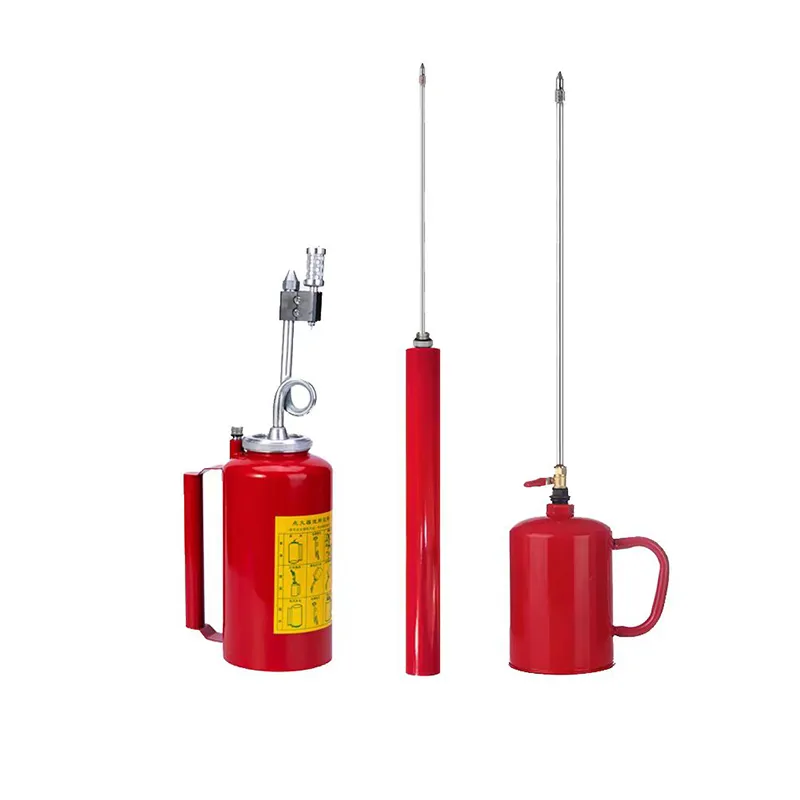
Bottom line: if you need a durable torch that won’t fight you in the black, the [Drip Torch(1L] and its bigger siblings are an easy recommendation—just pair with your agency’s fuel mix SOPs and PPE.
Authoritative references
- NFPA 30: Flammable and Combustible Liquids Code.
- OSHA 29 CFR 1910.106: Flammable liquids.
- USDA Forest Service Specification 5100-613: Drip Torch (design and performance guidance).
- NWCG Prescribed Fire Guide and S-234 Ignition Operations training materials.









